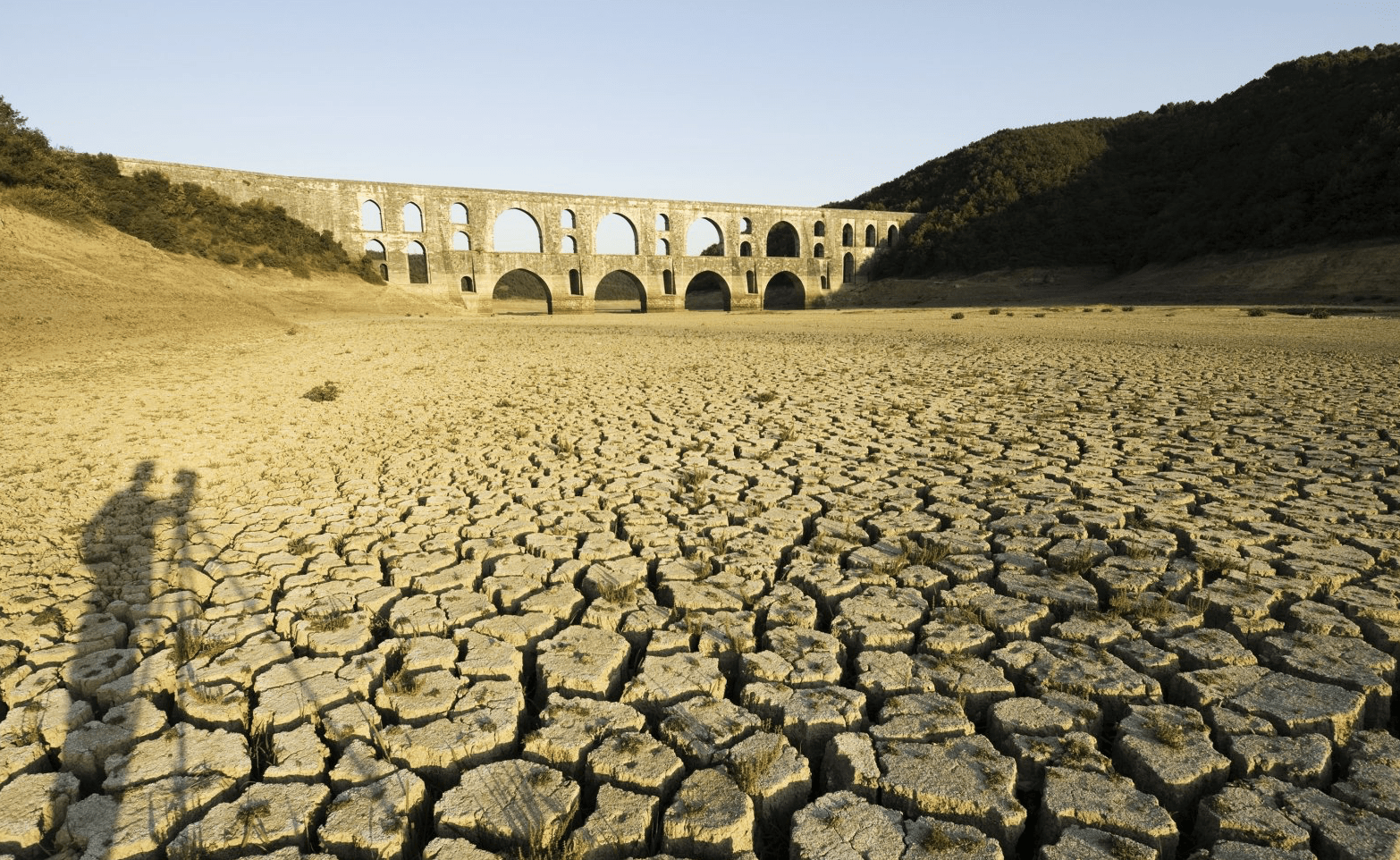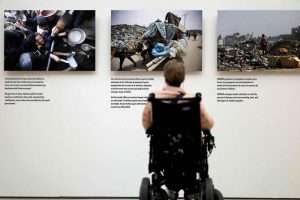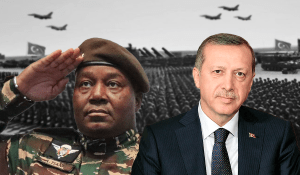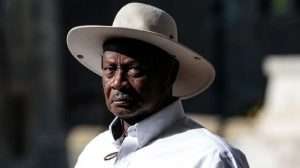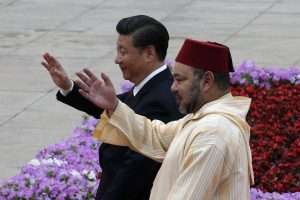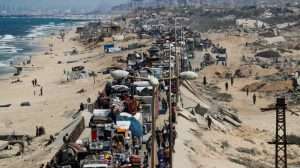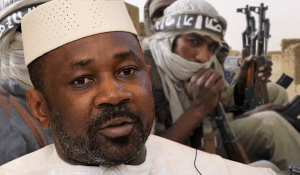Malawi’s ex-president set for political comeback
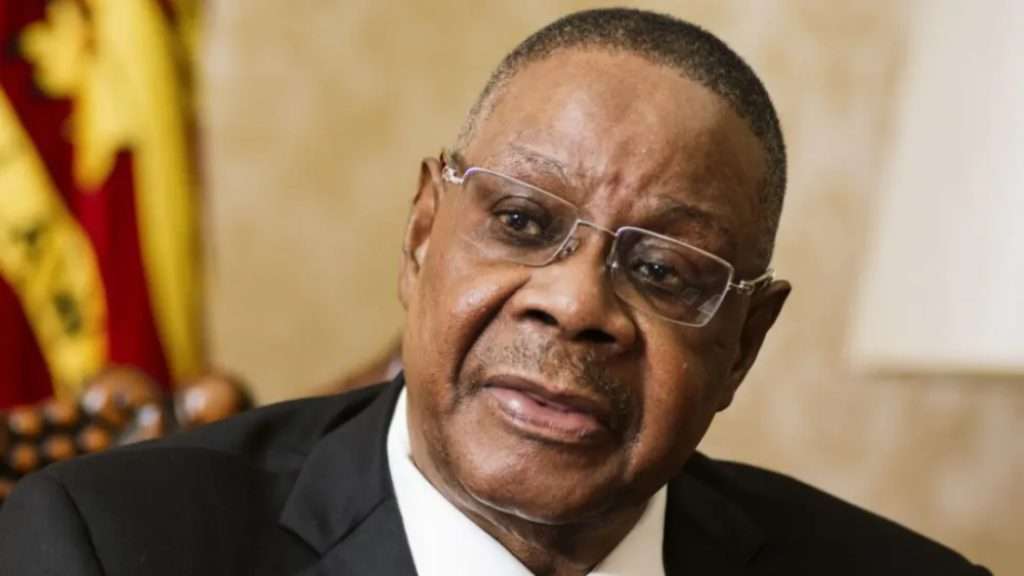
Peter Mutharika, Malawi’s former president, is poised for a political comeback five years after a court ruling ended his previous term, the BBC reported on 24 September.
The 85-year-old, who led the country from 2014 to 2020, appears to have defeated his long-time rival, President Lazarus Chakwera, in last week’s election. For many voters, Mutharika’s campaign message resonated: life was better under his leadership.
Since Chakwera assumed office, Malawi has faced one of its worst economic downturns. Inflation has risen above 30%, foreign reserves have fallen sharply, and Cyclone Freddy left widespread damage. Mutharika’s refrain on the campaign trail – “You miss me, right? You have suffered, right?” – found a receptive audience.
Regional instability has added to Malawi’s pressures. Following unrest in Mozambique, over 3,000 refugees have arrived in Malawi and neighbouring Eswatini, straining local resources, according to Maghrebi.
This pattern of long-serving leaders seeking renewed mandates is not unique to Malawi: Cameroon’s President Paul Biya, 92, is vying for his eighth term, highlighting ongoing questions across Africa about governance, continuity, and public trust.
Mutharika’s return is not without complication. His first presidency was marked by corruption allegations, later dropped, and a 2019 election victory annulled due to irregularities, earning him the nickname the “Tipp-Ex” president. The 2020 rerun handed Chakwera a decisive victory and drew international praise for Malawi’s courts.
Although Mutharika had indicated he would retire, he chose to contest again, citing public demand.
He remained largely absent from public appearances during the campaign, fuelling questions about his health and capacity to govern.
As trained lawyer and professor of international justice, Mutharika spent decades abroad before entering politics in the 2000s, following his late brother, Bingu wa Mutharika. Supporters highlight his record in reducing inflation and securing Chinese investment, while critics point to blackouts, shortages, and entrenched patronage.
For now, voters have placed their trust in Mutharika once more. As he prepares to return to office, the challenges ahead are substantial: an economy in crisis, soaring inflation, food insecurity, and public distrust. Beyond domestic issues, regional pressures add to the burden. How Mutharika navigates these hurdles will determine whether his second term offers tangible progress or becomes a nostalgic echo of the past.
BBC / Maghrebi
Want to chase the pulse of North Africa?
Subscribe to receive our FREE weekly PDF magazine





